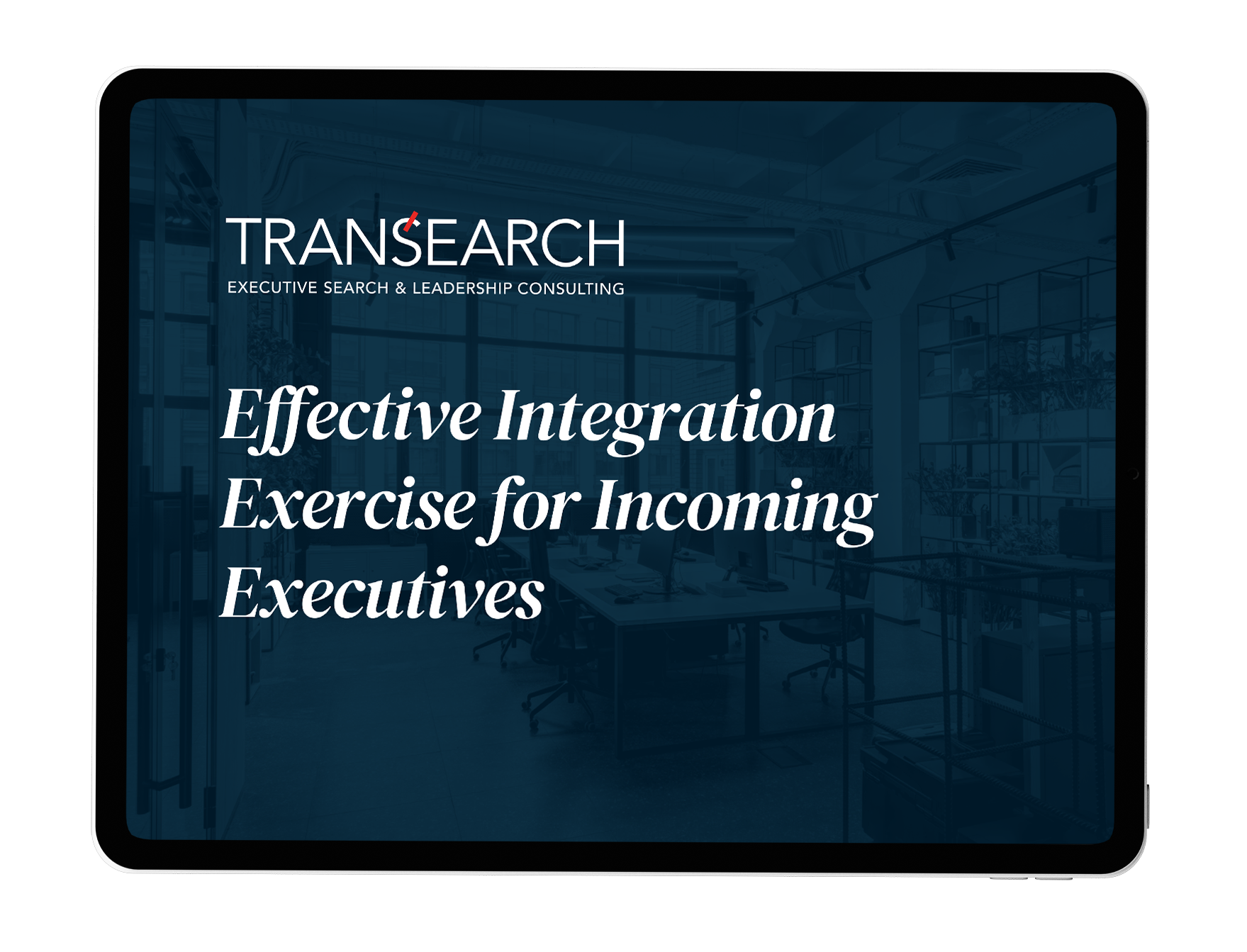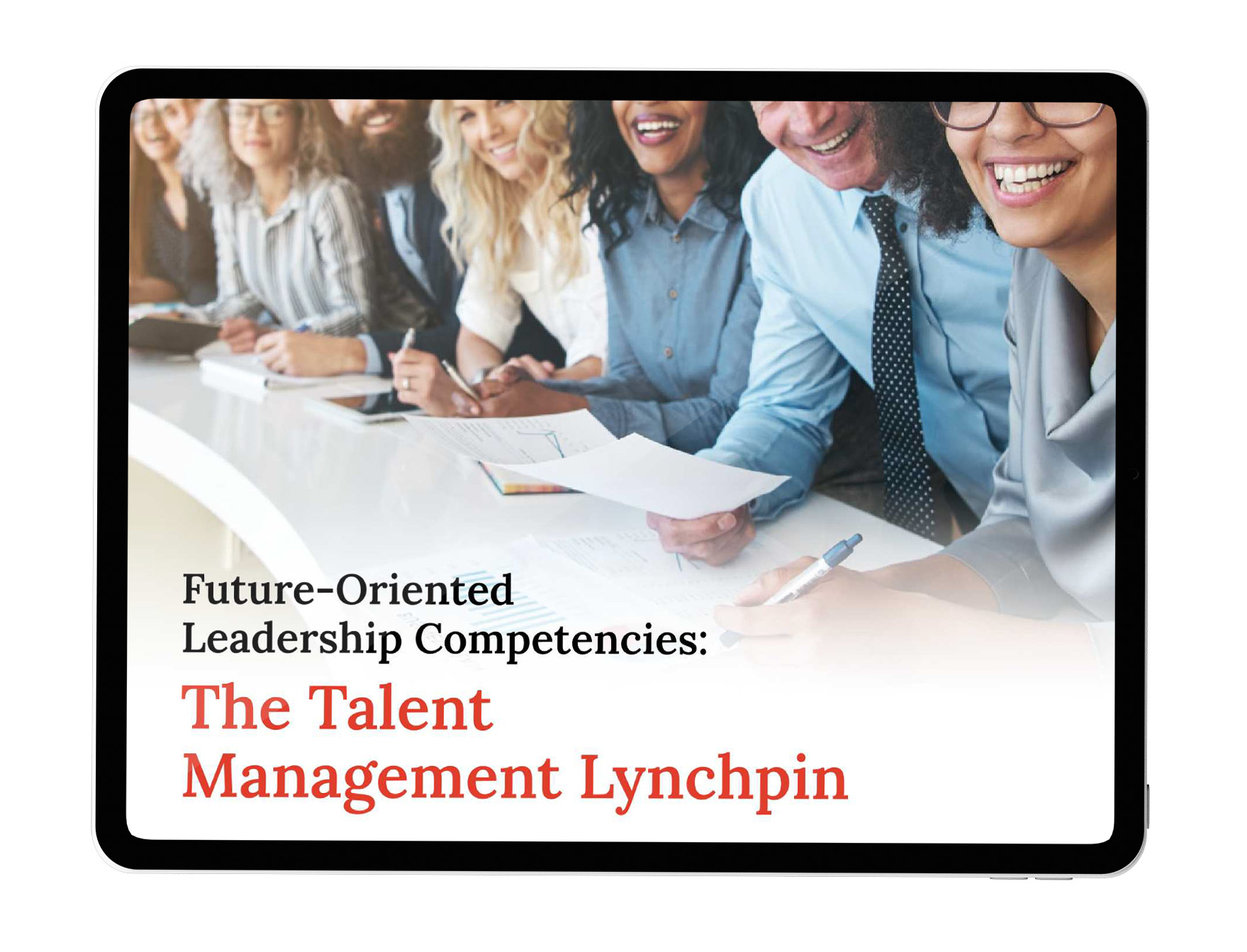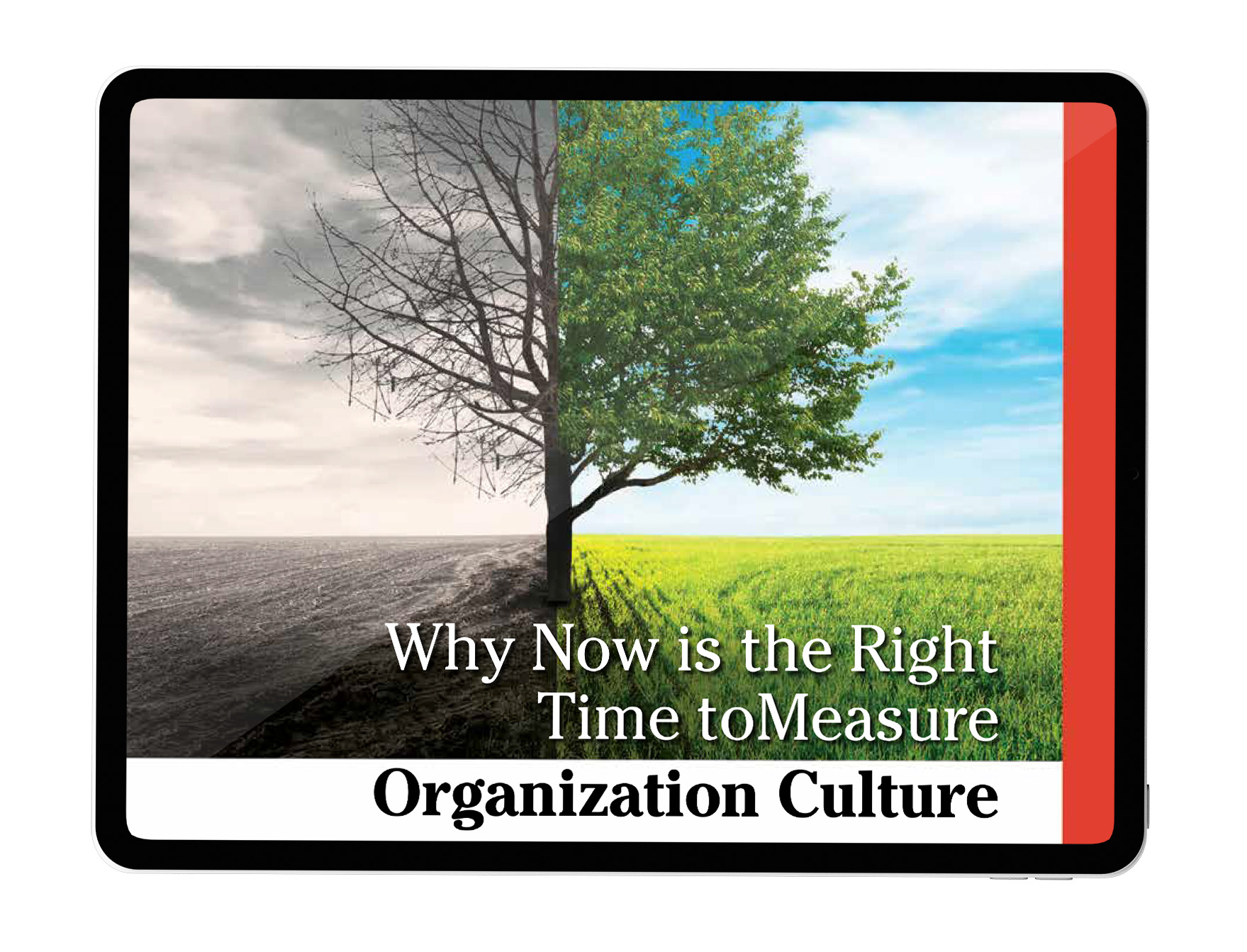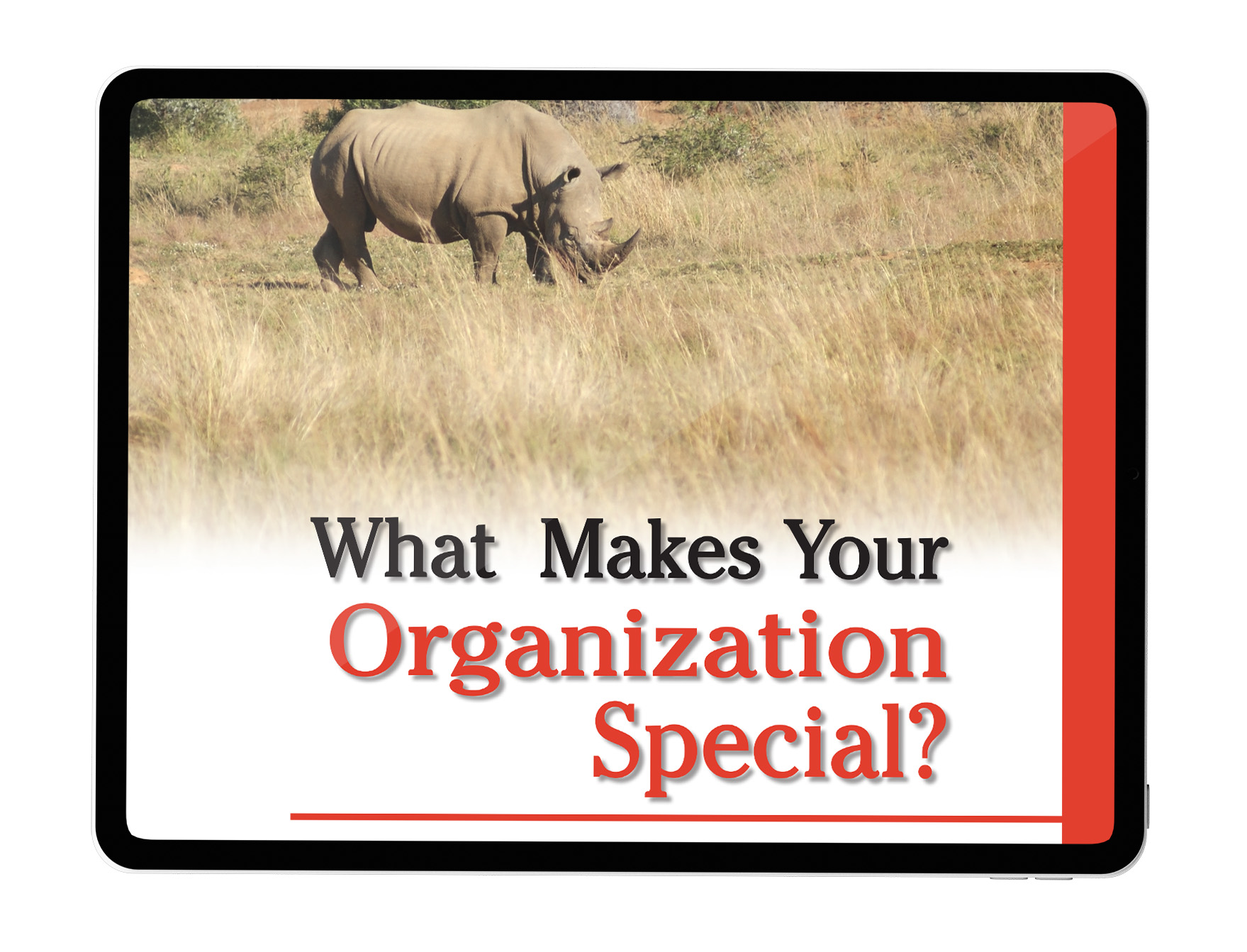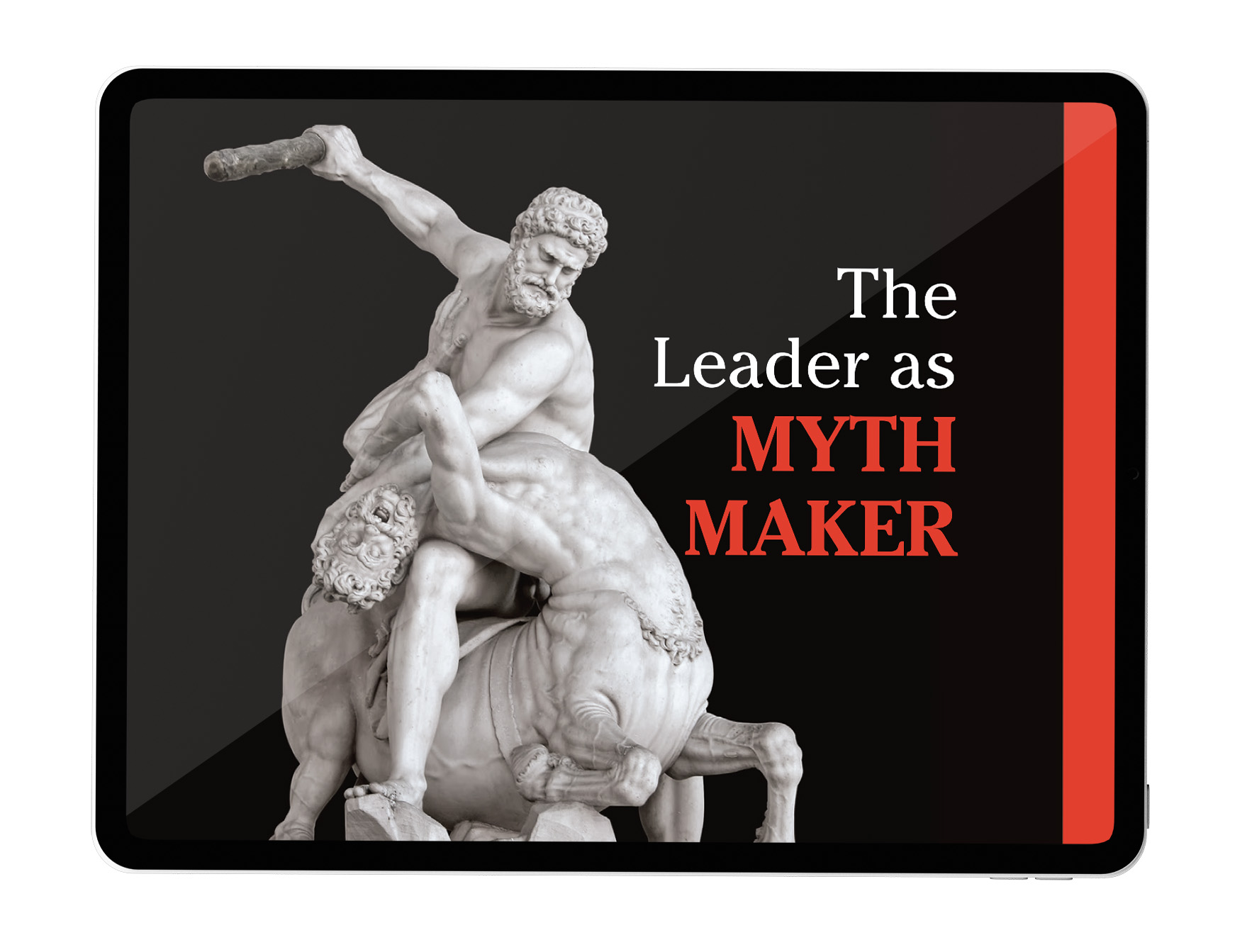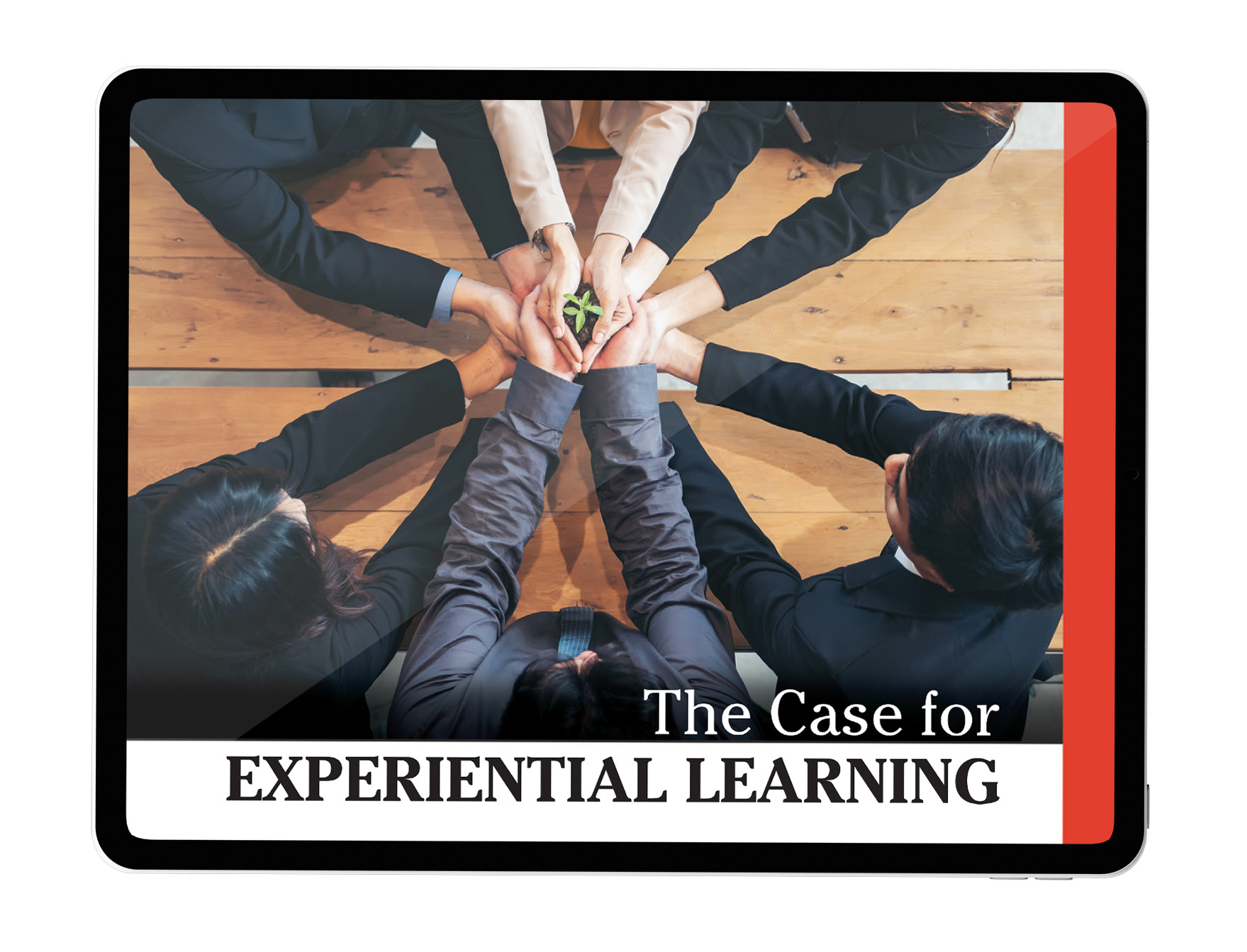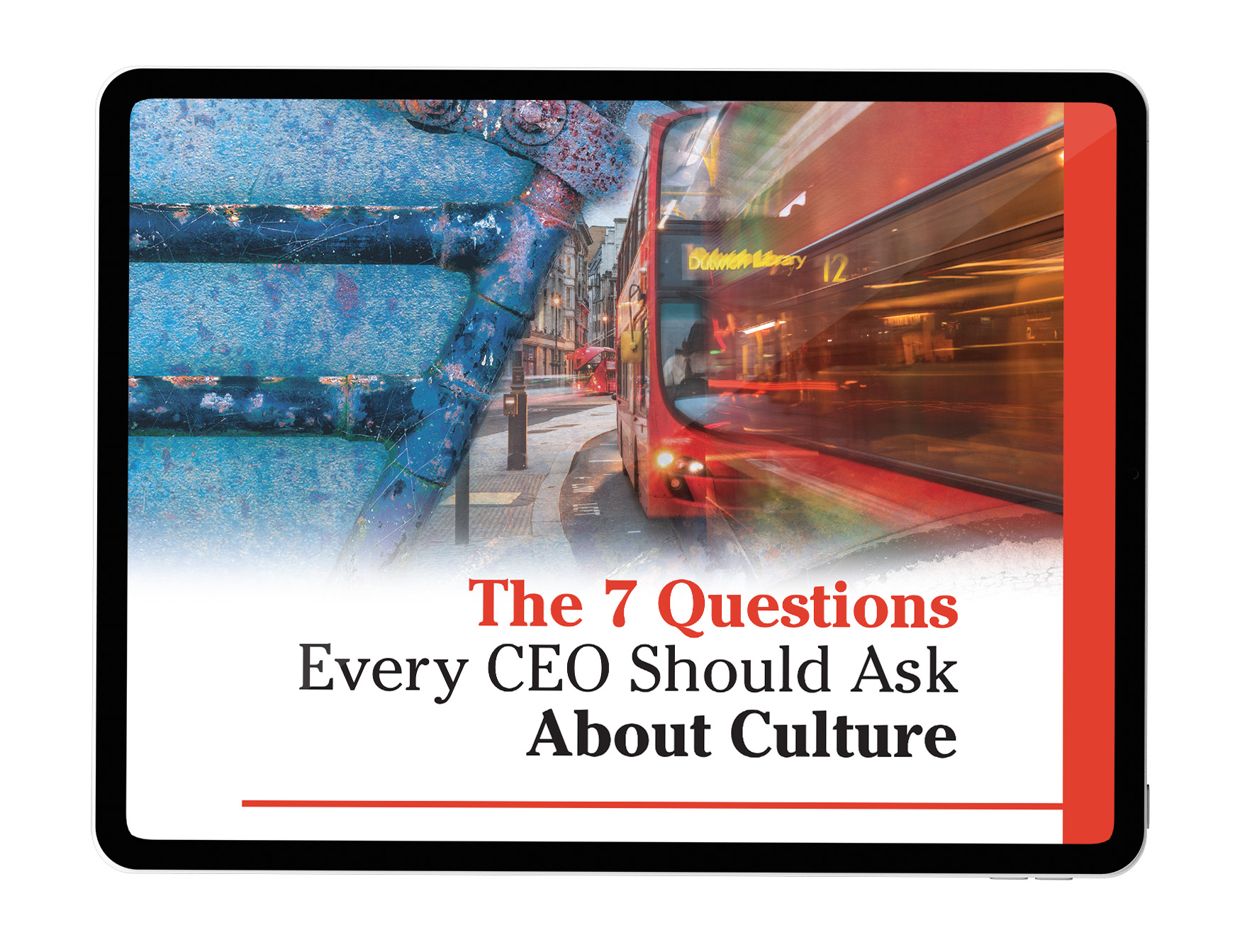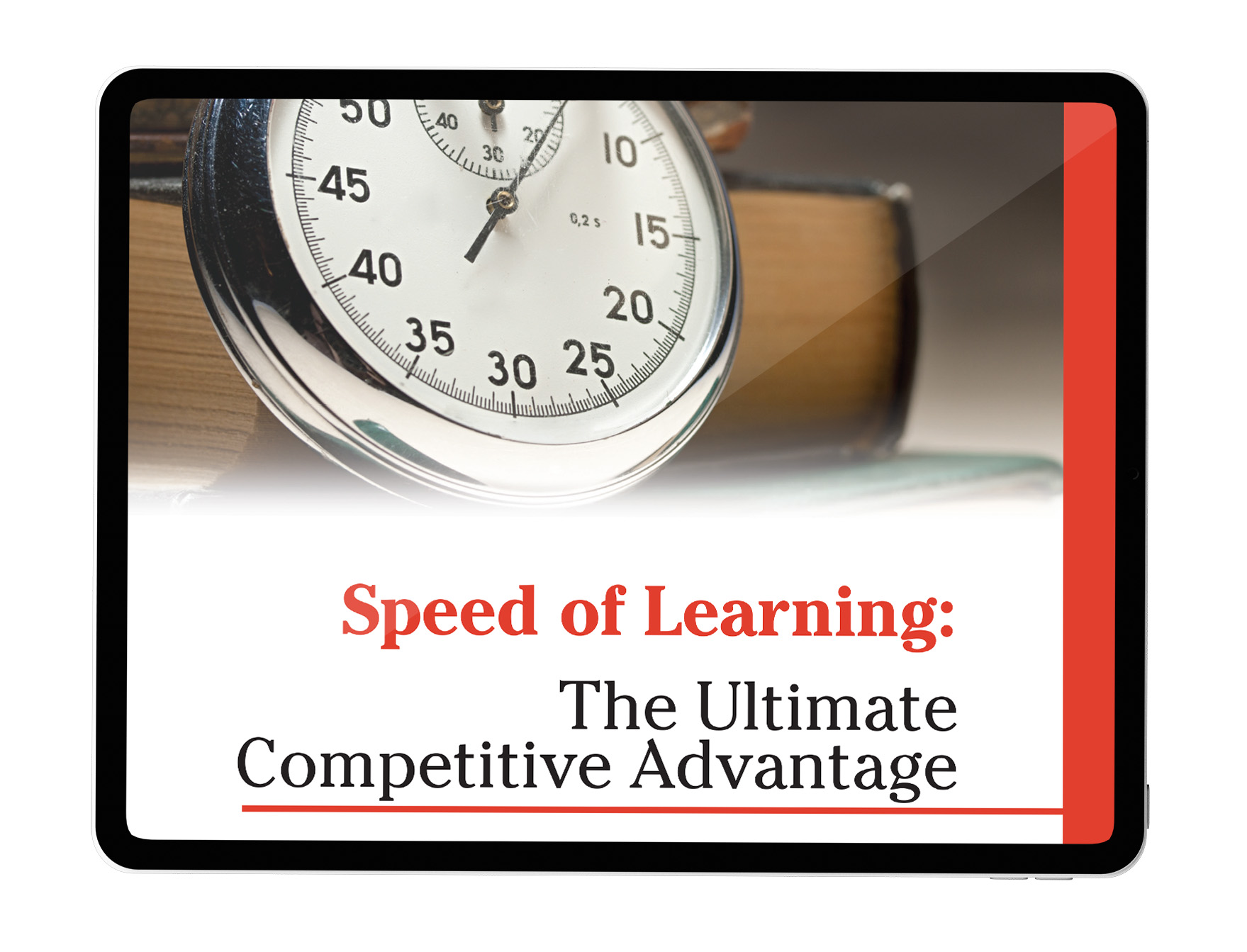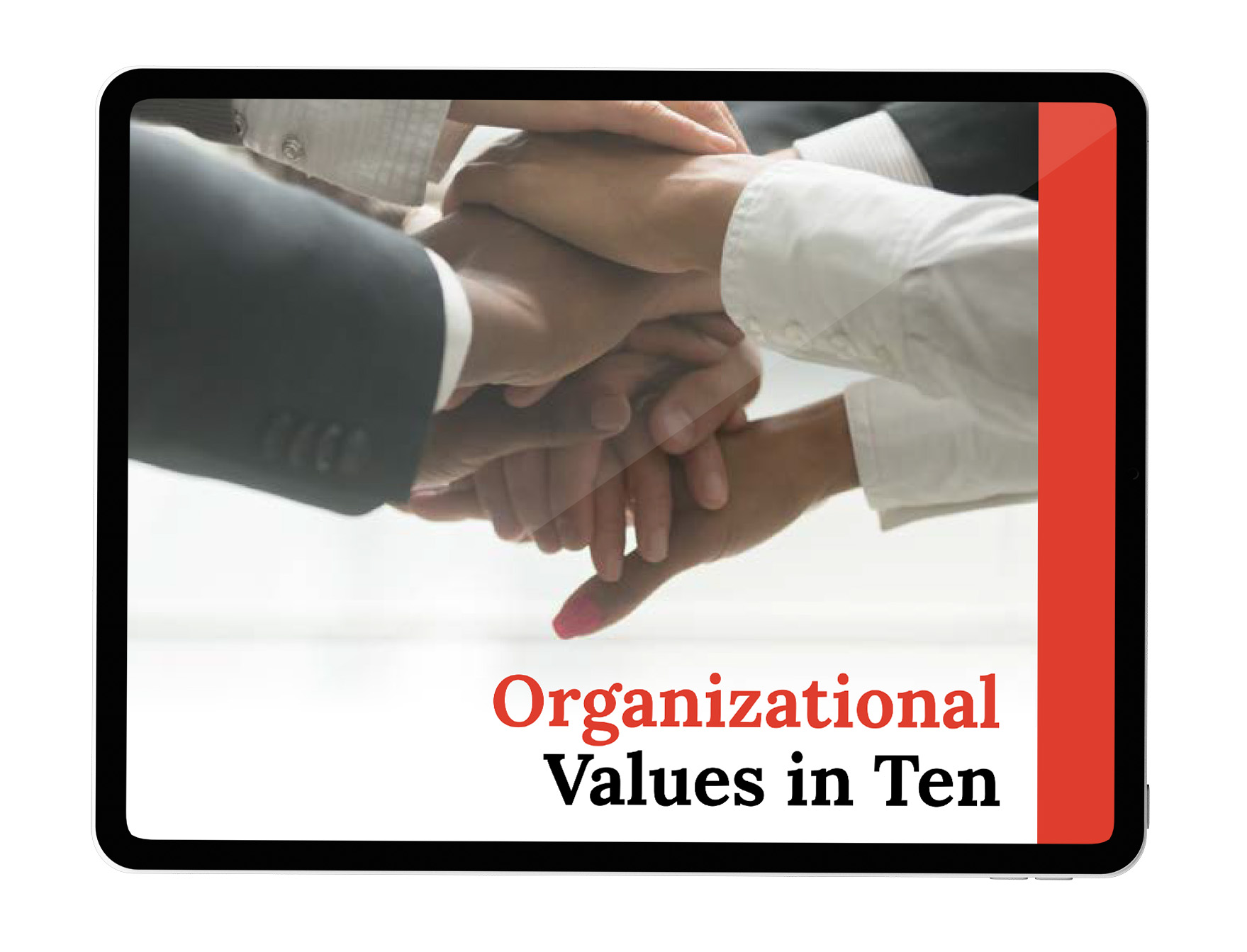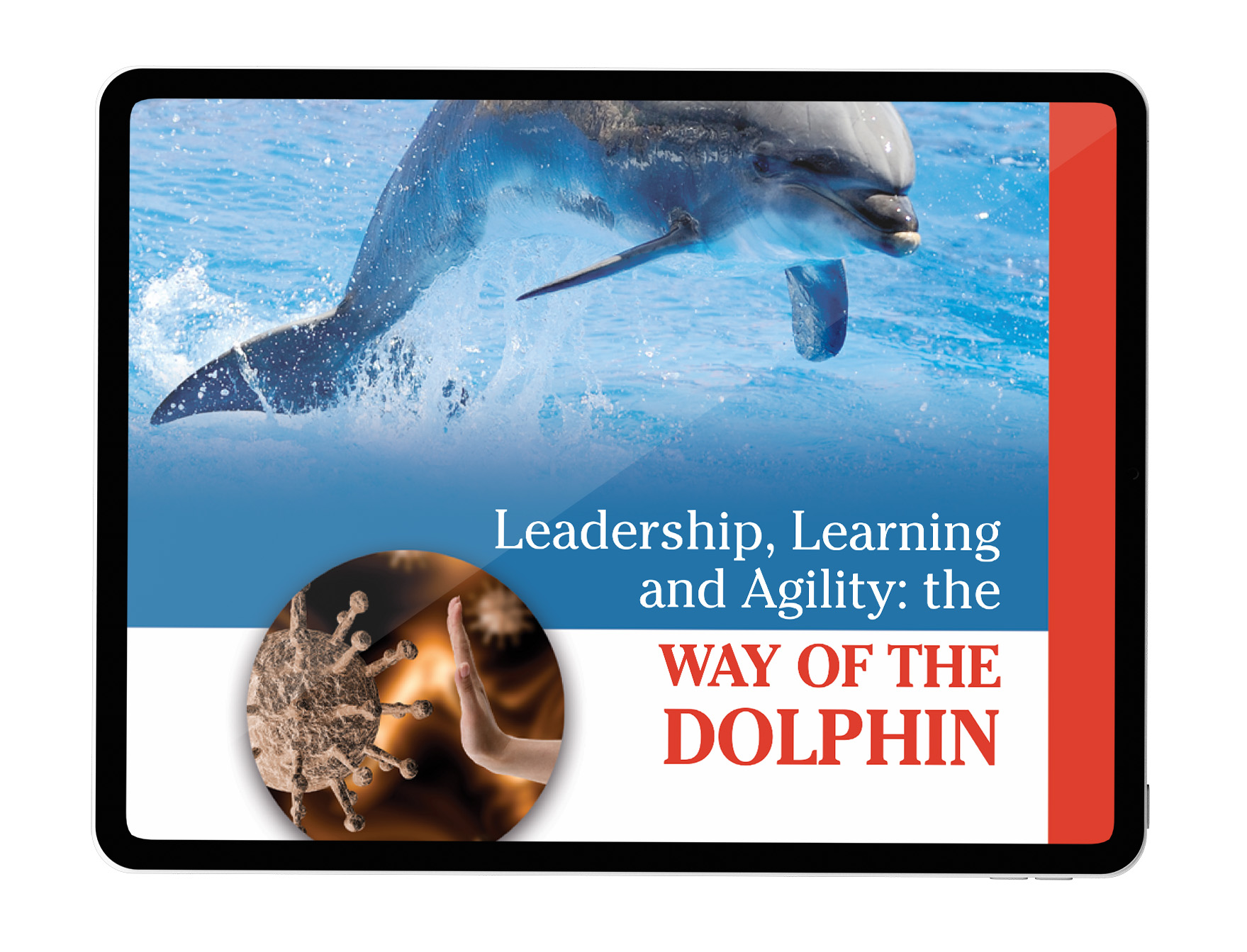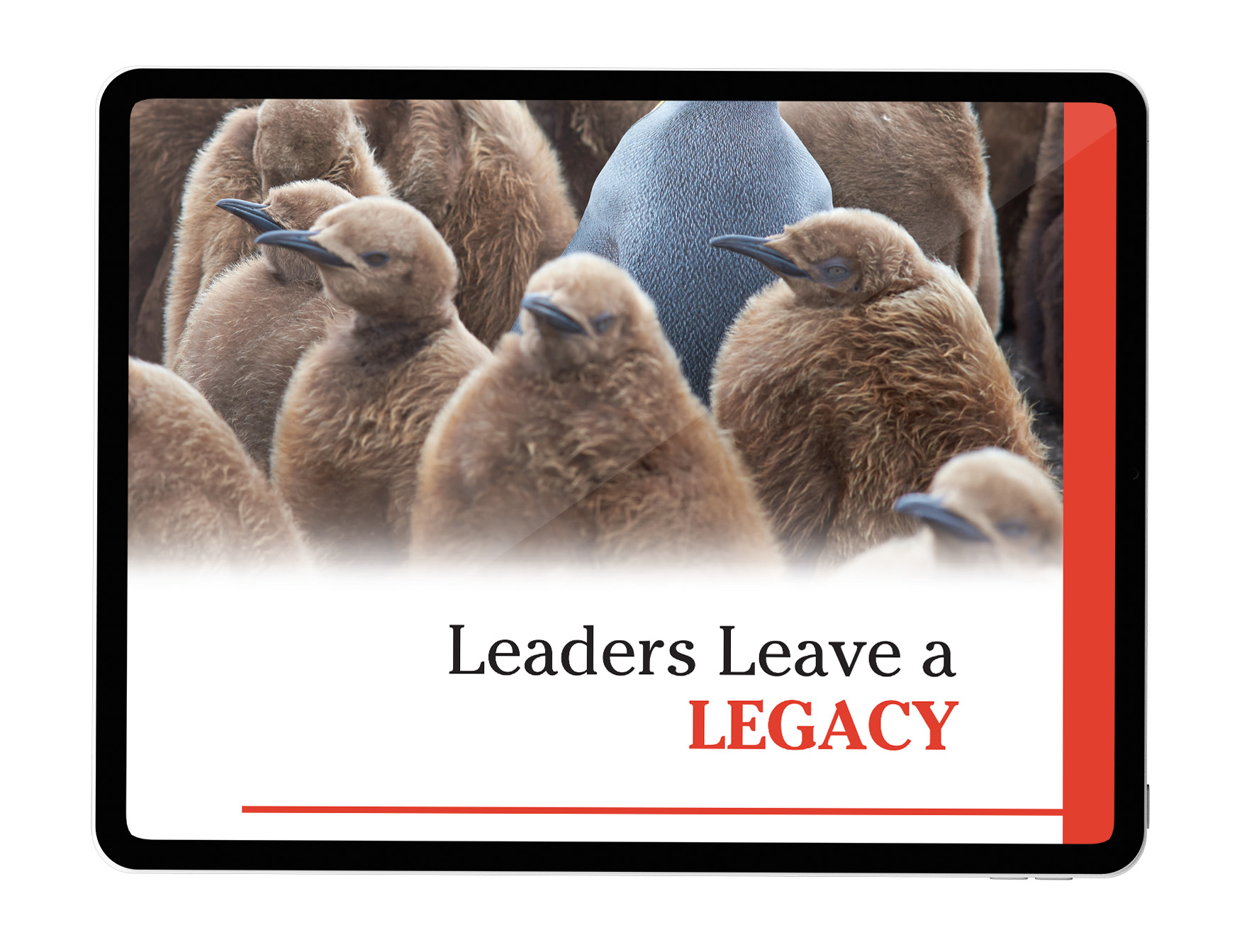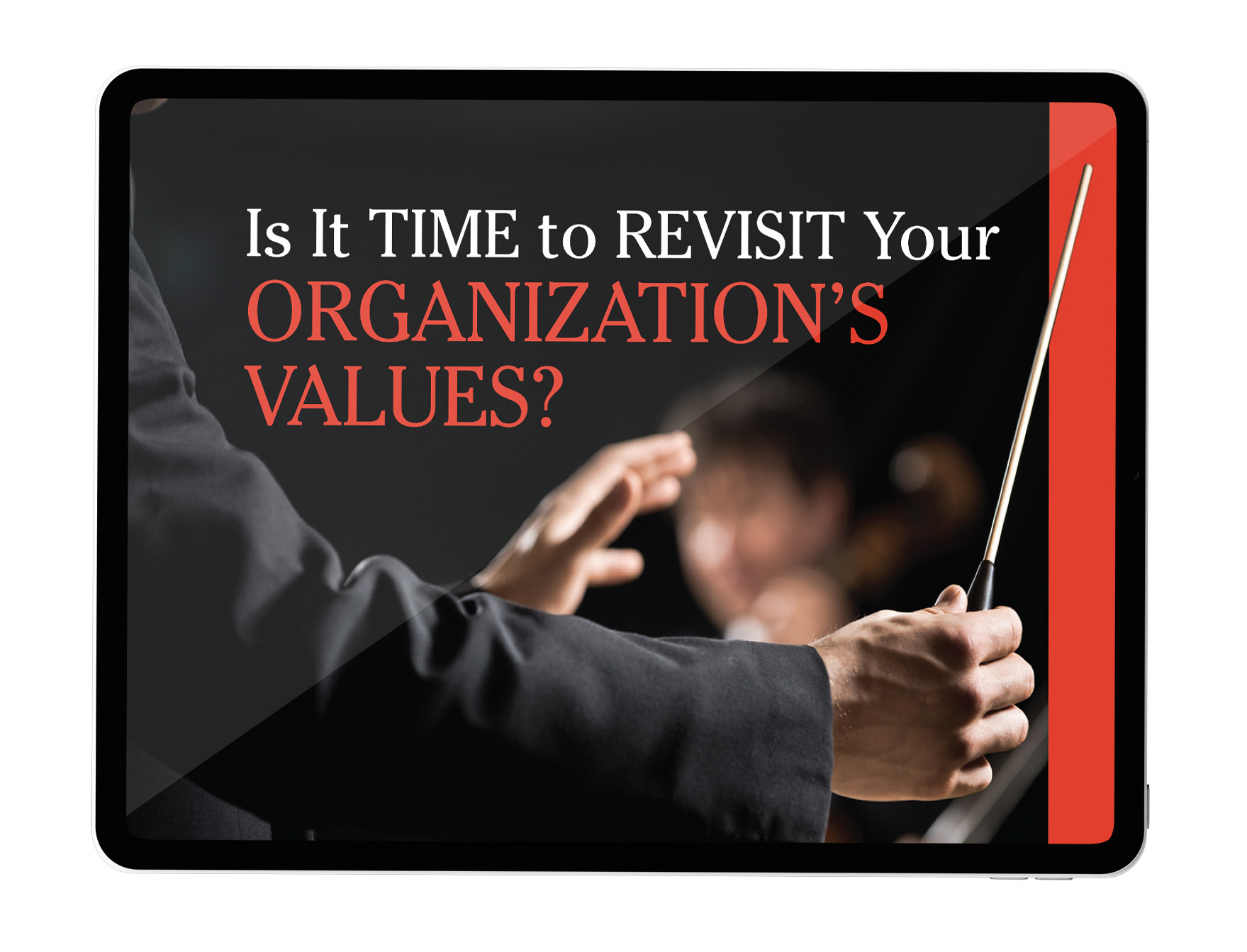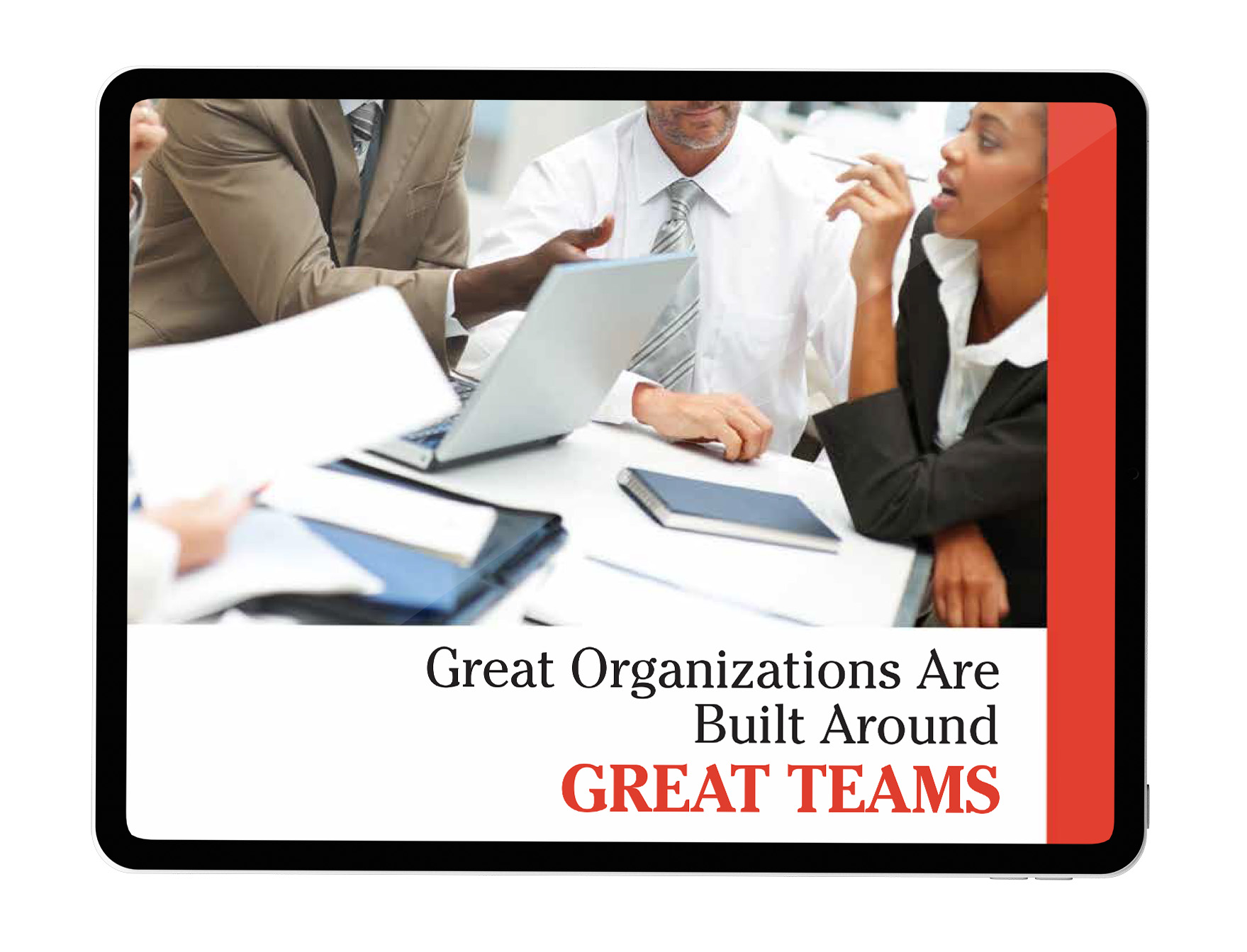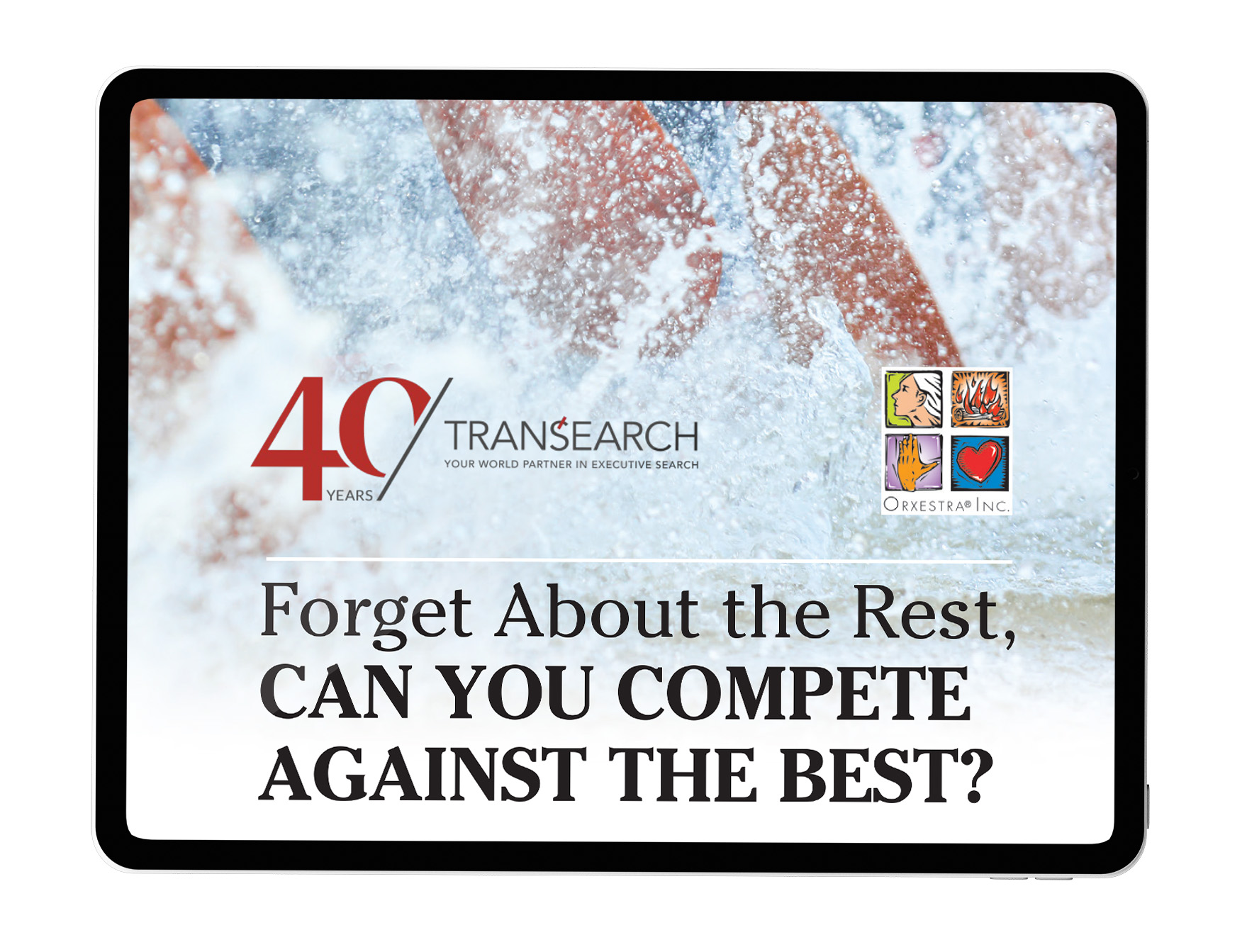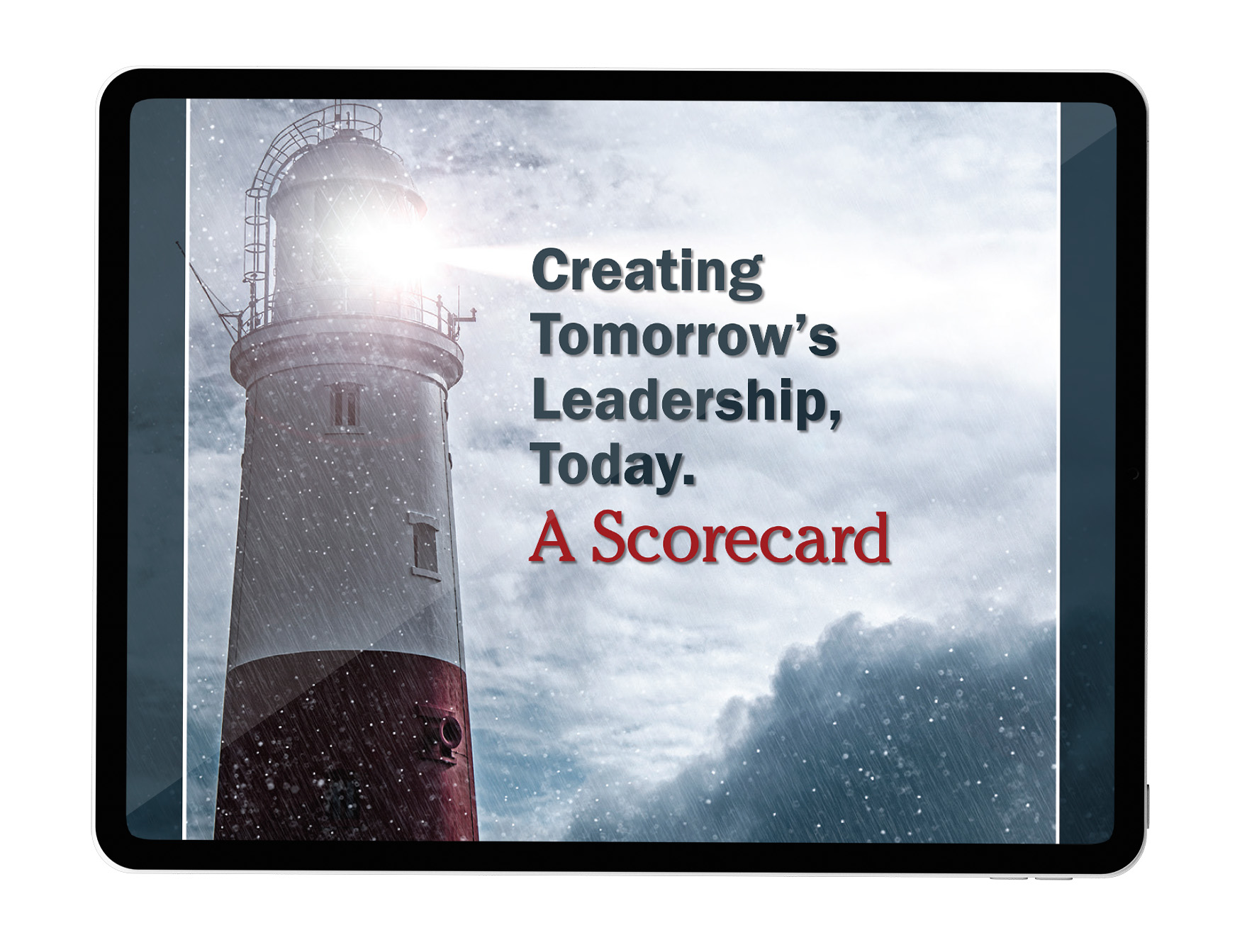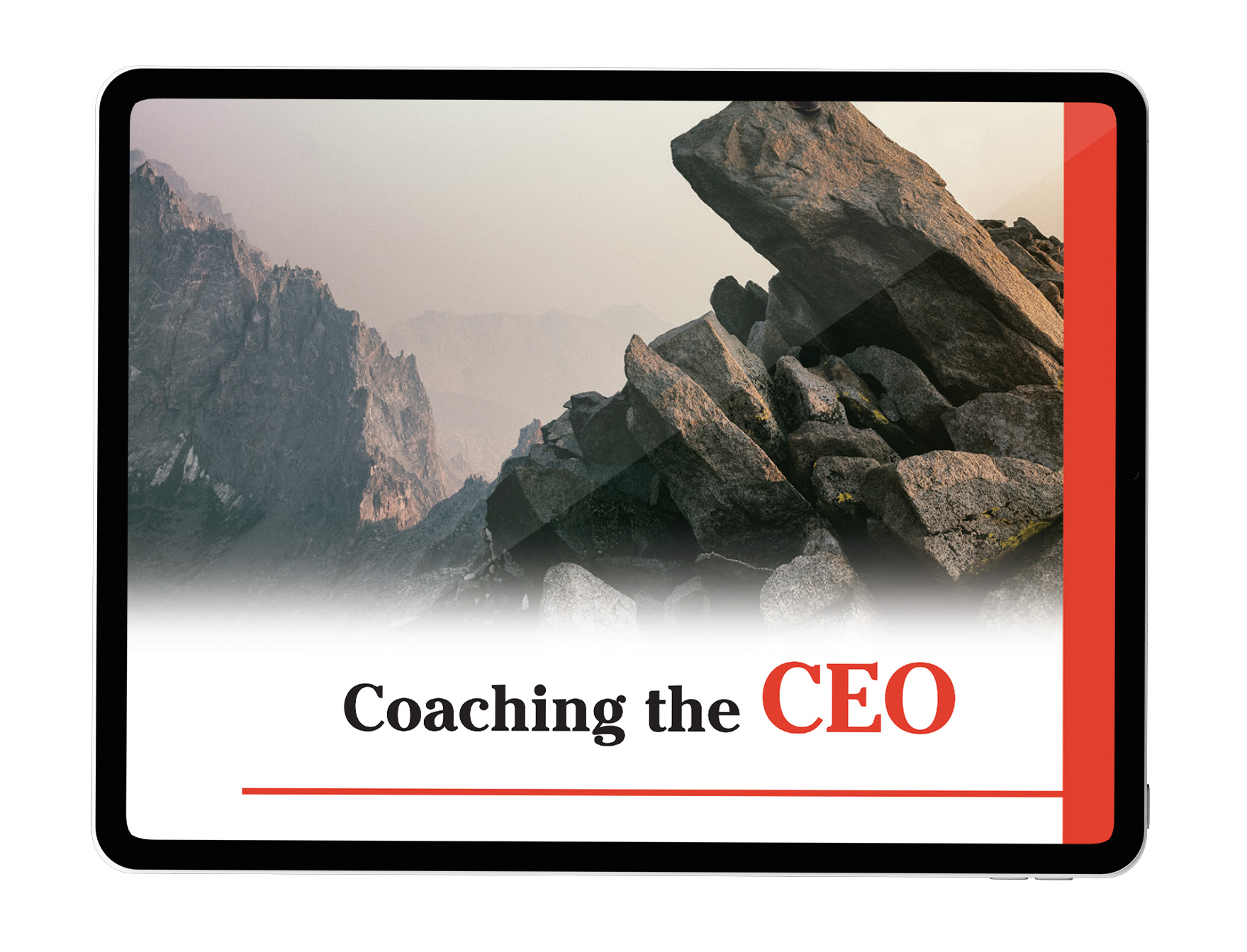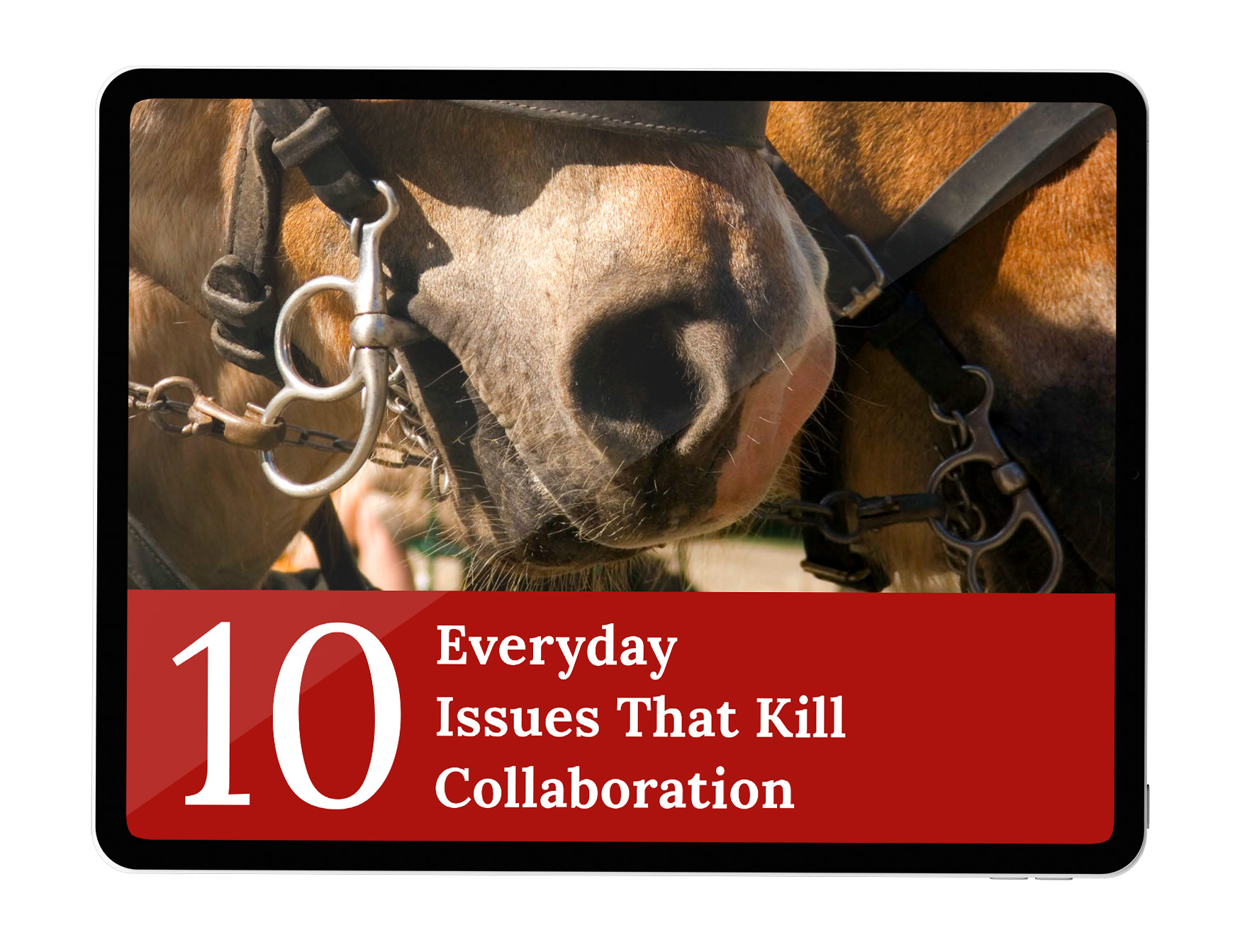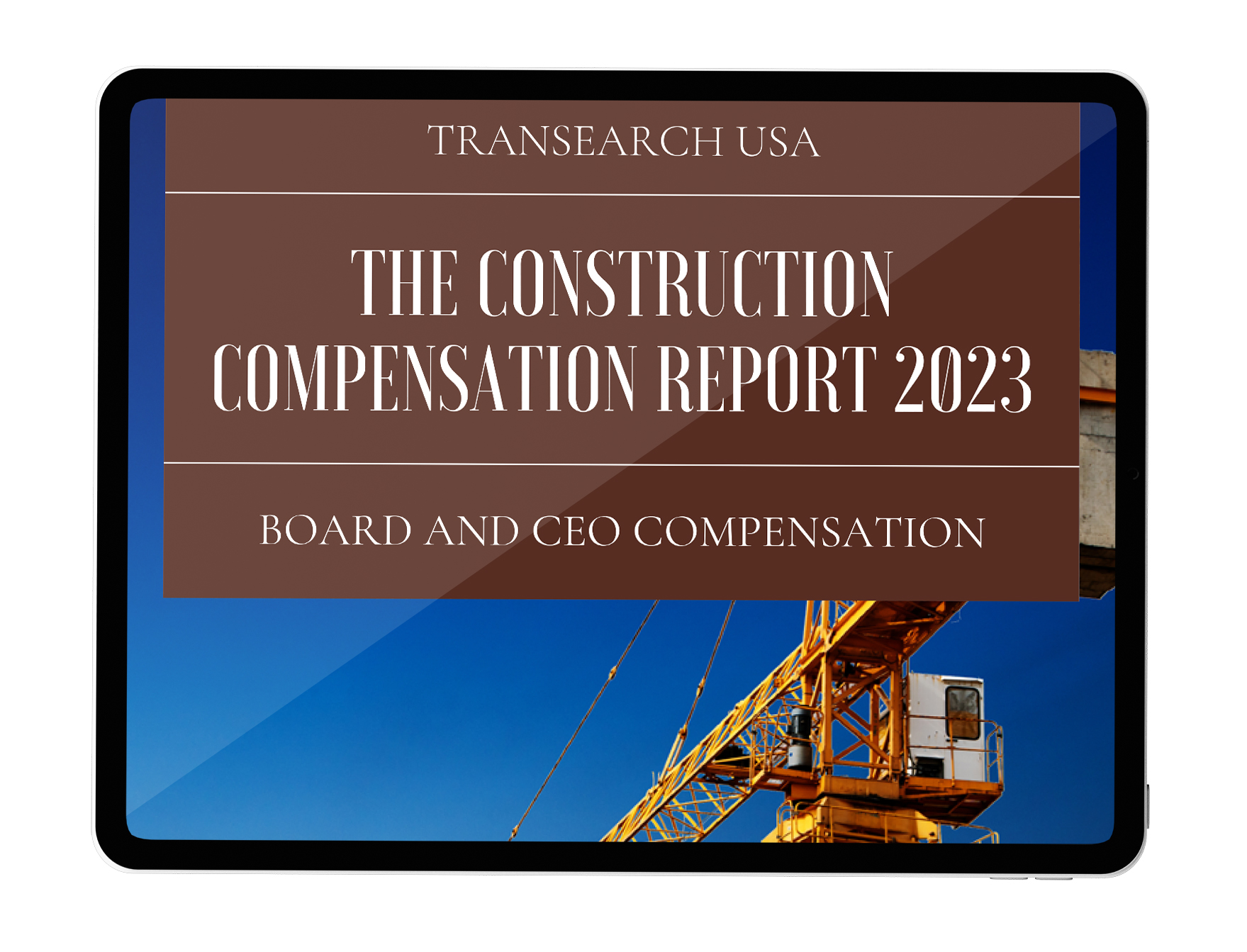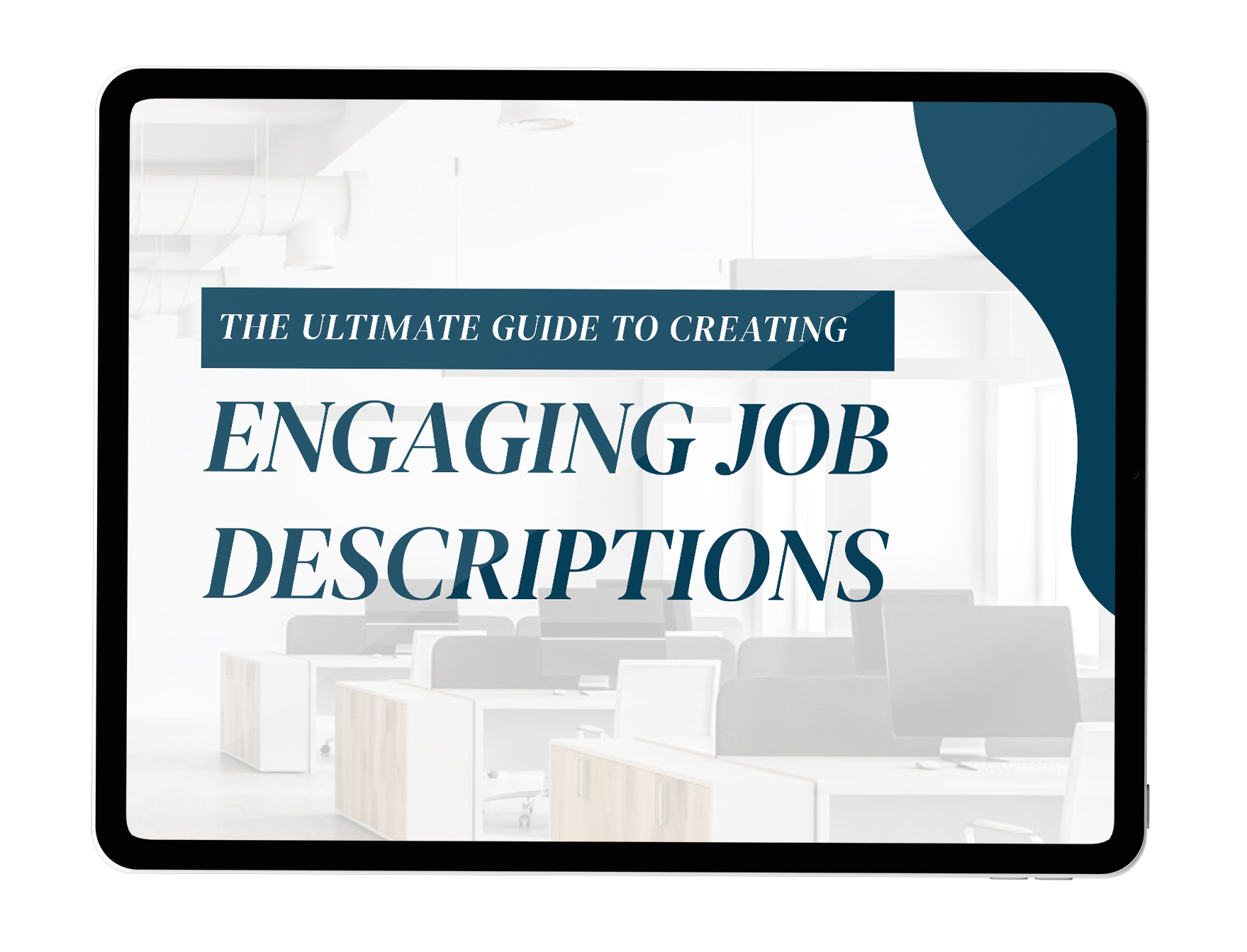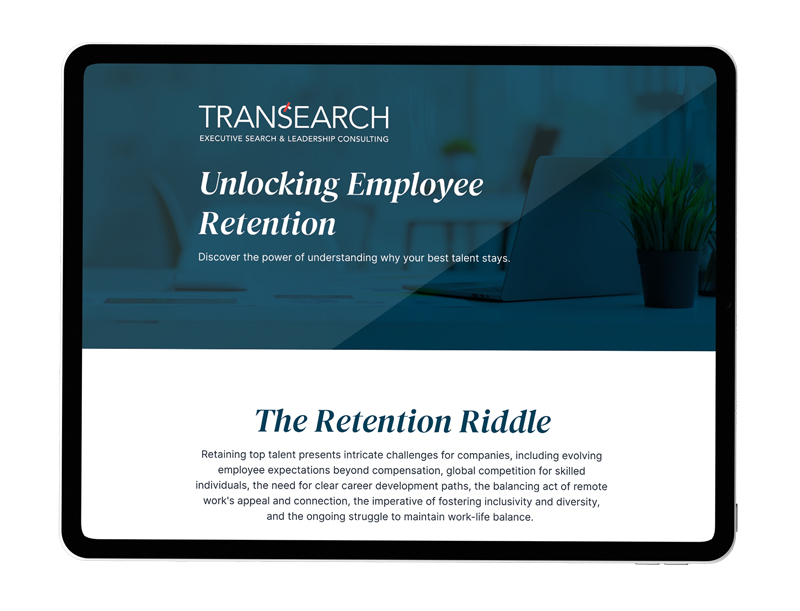As a business leader, you want to take all the necessary steps to hire the best person for any position within your organization. However, recruiting for specialized roles can be daunting, as these positions often require unique skills and qualifications.
At TRANSEARCH, we want to help you ensure you find the right fit for any specialized role in your organization, so we have created a list of the best practices when it comes to recruitment for specialized roles.
Here are some tips on how to recruit for specialized roles:
1. Determine Ideal Qualifications
First off, have a clear understanding of what qualifications you are looking for in this particular role. You should be able to articulate what skills and experience will make the best fit for the position. This will help to narrow down your pool of candidates and ensure that those who do apply to meet your criteria.
Additionally, consider what qualities would be beneficial but not essential, as having these abilities can give a candidate an edge over other applicants.
2. Target Candidates with Relevant Experience and Skillsets
When recruiting for a specialized role, look for candidates who have already demonstrated the required skillset and experience through past positions or projects. This will help ensure the candidate is well-suited for the position and can hit the ground running once hired.
Consider leveraging industry connections and job boards that cater to specific roles or industries. Additionally, using social media as an additional tool can often help you identify potential candidates who may not be actively looking for a job but could be interested in yours if given the opportunity.
3. Network with Professional Organizations
Getting involved with professional organizations related to that field is important when recruiting for specialized roles. These organizations may have events or conferences where potential candidates could be found.
Additionally, networking with people in similar positions within other companies may provide insight into where qualified candidates can be found. The more connections you make in these professional circles, the better your chance of finding someone experienced enough to meet all your criteria.
4. Create Comprehensive Job Descriptions
Creating comprehensive job descriptions is key when recruiting for any role, but it’s especially important for specialized roles.
It should provide potential candidates with an accurate picture of what the job entails so they know whether or not they would be a good fit before applying. Be sure to include detailed information about what you’re looking for regarding skillsets, experience levels, and any other requirements needed to succeed in your organization’s specific environment.
Doing this will help streamline the recruitment process by helping you quickly identify qualified candidates versus those who don’t meet your criteria.
5. Conduct Thorough Interviews
The interview process is critical when recruiting for specialist roles because it allows you both to assess whether or not they are a good fit before making an offer.
During interviews, ask questions about their technical abilities, knowledge base, and problem-solving skills to better understand their capabilities and potential within your organization.
Remember to assess soft skills such as communication style and interpersonal relationships; these are just as important when evaluating potential hires! Recruiting for specialized roles requires extra attention compared to general positions due to their unique skill sets and qualifications needed for success. By following these best practices, you can ensure that you find the perfect fit every time! With proper planning, you’ll be able to attract top talent while avoiding costly mistakes along the way.
If you need help recruiting the right candidate for a specialized role, we can assist you. Click the link below to schedule a consultation.













